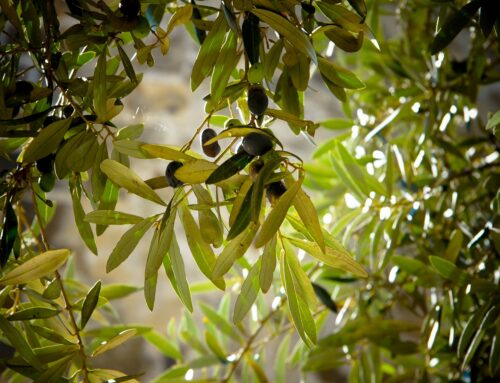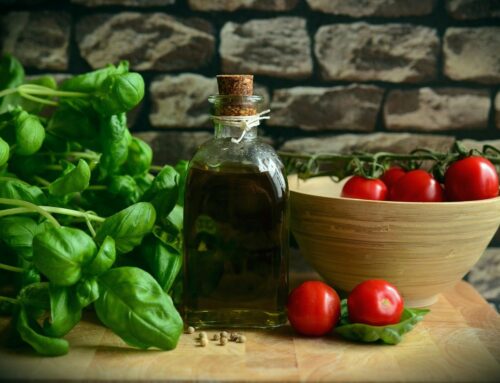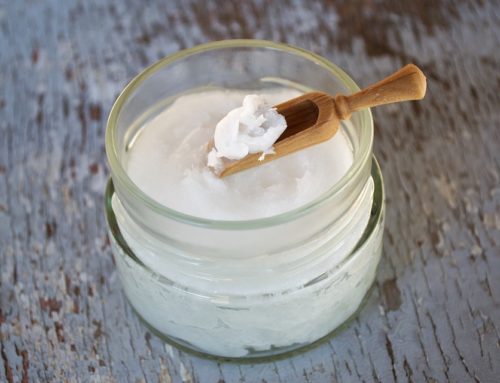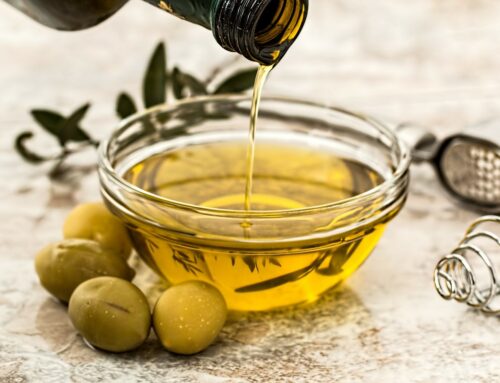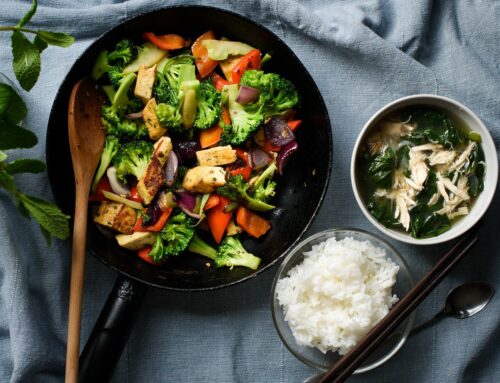What do polyphenols do for humans?
Polyphenols occur naturally in plant foods, such as fruits, vegetables, herbs, spices, tea, cocoa and grapes. They give color and Polyphenols occur naturally in plant foods, such as fruits, vegetables, herbs, spices, tea, cocoa and grapes. They give color and flavor to plants and herbs. These substances can improve human digestion, brain function and blood sugar levels and protect us against blood clots, heart disease and certain cancers. Not all polyphenols are created equal. They often have a different effect
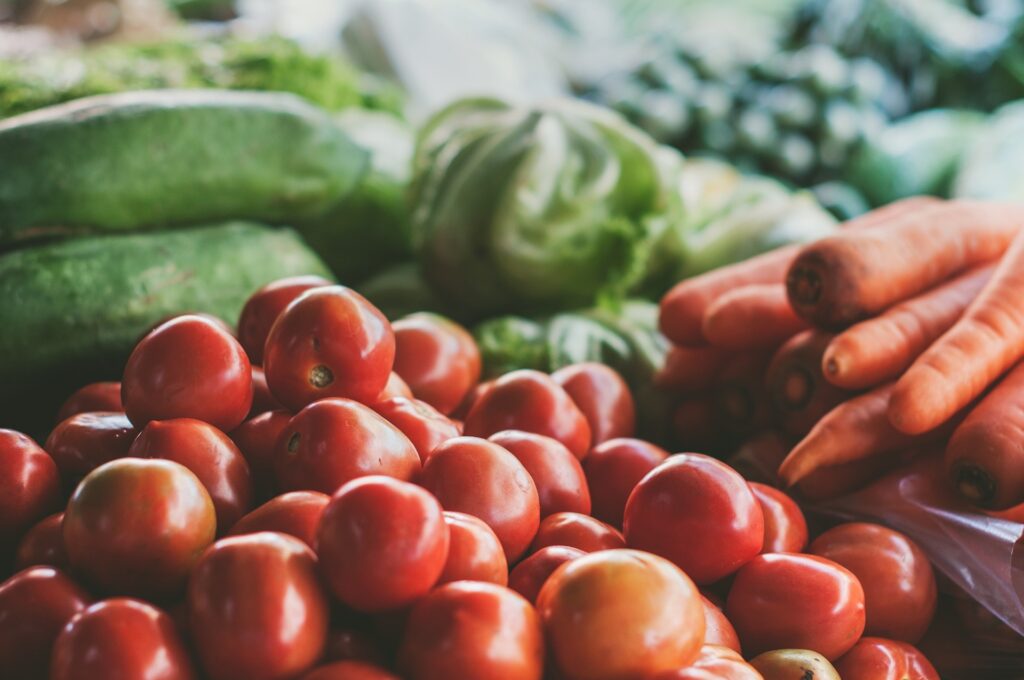
What all polyphenols have right are two health benefits: antioxidant and anti-inflammatory
On the one hand, they can act as antioxidants, meaning they can neutralize harmful free radicals that would otherwise damage your cells and increase your risk of conditions such as cancer, diabetes and heart disease.
On the other hand, it has been extensively scientifically proven that polyphenols reduce the risk of inflammation-related discomfort and disease. Polyphenols are anti-inflammatories when the body asks for them.
What do polyphenols do for the plant?
Plants protect themselves through polyphenols against free radicals caused by, for example, the sun’s rays. But also polyphenols help protect the plant and herbs against insects, cold, heat and diseases, etc.. They are necessary for healthy growth and enhance plant stress resistance in general. And the more the plant is stressed by the sun (environment), the more polyphenols a plant has. The plant needs sun (environment) to be healthy, but that sun (environment) also gives stress to the plant.
Which plant parts contain the polyphenols of the plant?
Polyphenols are concentrated in the leaves and fruits of the plant. In fruits, they are concentrated in the skin. What winemakers and olive oil masters have known for decades.

